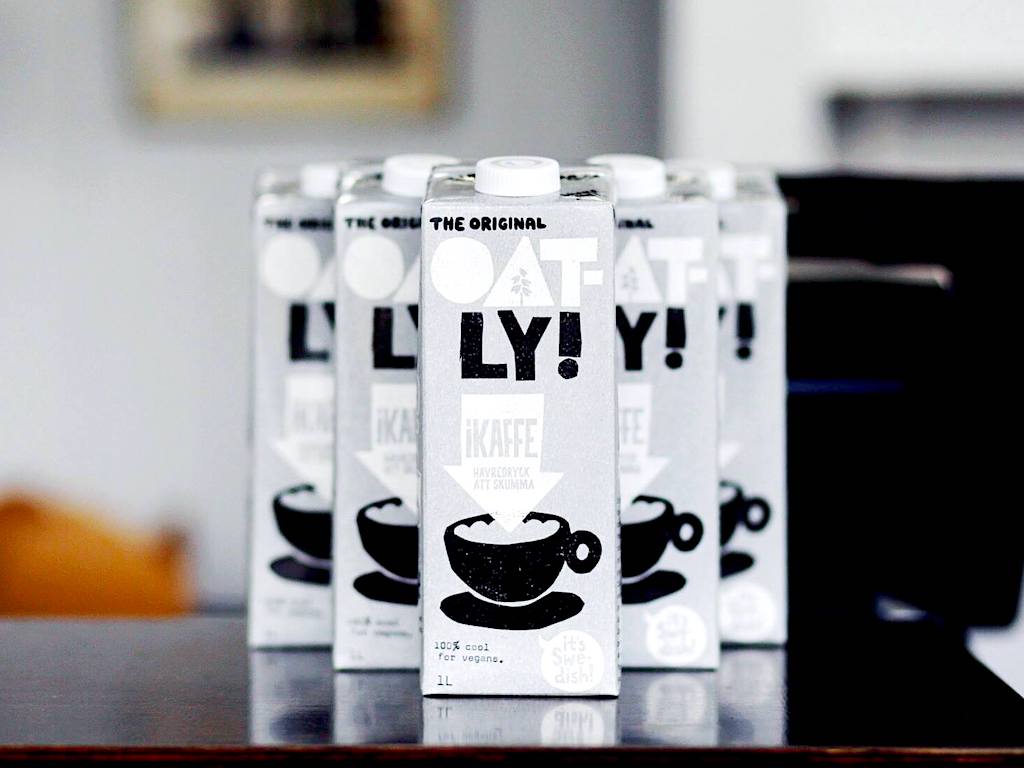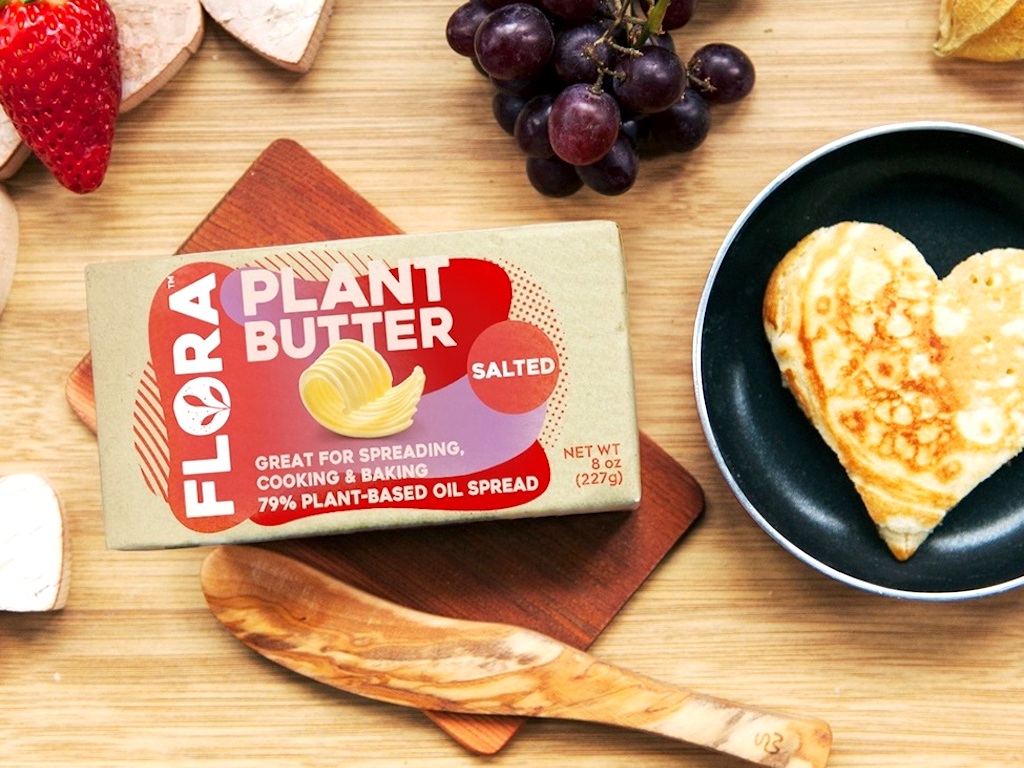3 Mins Read
European lawmakers have dropped plans under Amendment 171 that campaigners say amounted to censorship over plant-based dairy products. Under the proposed law, plant-based dairy makers in the E.U. would have been prevented from being sold in cartons, explaining the climate impact of foods and presenting images of their own products.
The E.U. has rejected the big dairy lobby-backed proposals – known as Amendment 171 – after mounting pressure from the months-long campaign led by 21 nonprofits, environmentalists and animal welfare groups. The petition, which argues that the amendment would “totally counteract the consumer shift to more sustainable eating habits that’s urgently needed to fight climate change,” drew more than 456,000 signatures.
It has also received support from activist Greta Thunberg, as well as a whole host of leading plant-based brands including Swedish oat milk giant Oatly and Upfield.

Under the proposal, plant-based dairy makers would have essentially faced what campaigners described as censorship, as they would be prevented from selling vegan milk in cartons or displaying allergen information on products like plant-based cheese. Producers would also be barred from using images of their own brand products, or explaining the true climate impact of foods.
The law would have additionally placed bans on dairy descriptors such as “yoghurt-style”, “cheese alternative” or “cream imitation” on dairy-free replacements.
A recent Greenpeace report exposed that the animal agriculture industry in Europe, including both livestock and dairy farming, produces “more emissions than cars and vans combined”.
This decision must signal the end of absurd labelling restrictions on plant-based foods at all levels of government in Europe.
GFI Europe
Campaigners have commended the decision to drop Amendment 171, but noted that there are still existing plant-based dairy restrictions that run counter to the E.U.’s Farm to Fork Strategy under the Green Deal to tackle biodiversity loss and build a more sustainable and crisis-resilient food system. These restrictions also contradict the bloc’s goal of cutting 60% of carbon emissions by 2030.

Instead of wasting time with pointless proposals, E.U. leaders should put their climate ambitions into action and support consumers to make sustainable choices.
GFI Europe
In a social media post, Good Food Institute Europe, one of the coalition organisations campaigning against the law, wrote: “This decision must signal the end of absurd labelling restrictions on plant-based foods at all levels of government in Europe.”
“Instead of wasting time with pointless proposals, E.U. leaders should put their climate ambitions into action and support consumers to make sustainable choices.”
Currently, terms such as “milk” or “butter” and “cheese” are banned for alternative dairy products made from plants, stemming from a previous ruling in 2017.
In October last year, the E.U. voted against proposals that would have banned plant-based products from being labelled with meat terms such as “burgers” and “sausages”, but at the time dealt a blow to plant-based dairy makers with their decision to not strike down Amendment 171.
At the time, Elena Walden, the policy manager at the GFI Europe, said: “It’s baffling that, at the same time, MEPs have tied the hands of the already-restricted plant-based dairy sector.”
Lead image courtesy of Flora / Upfield.




